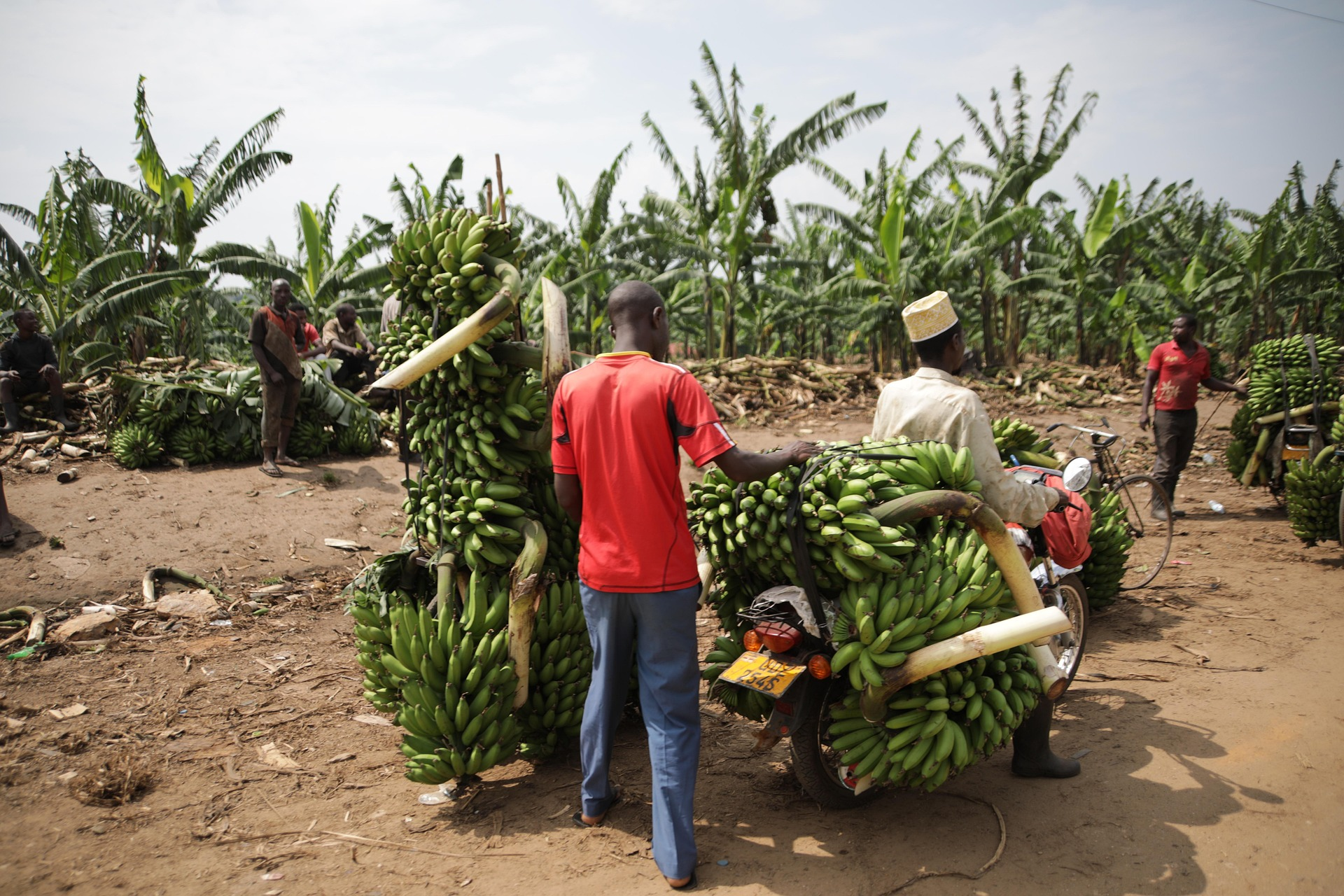Establishing localized barter systems with national coordination and support is one of many incremental steps for poverty eradication.
Local cooperatives, also called co-ops, are groups where people work together to reach shared goals. In many rural areas, these co-ops help farmers, small business owners, and families. Co-ops allow people to pool resources, share tools, and support each other.
Some existing co-ops already use a barter system inside the group. In a barter system, people trade goods or services directly, without using money. This type of economic system helps people who have little cash but can offer crops, livestock, or skills.
In terms of the most vulnerable members of society, barter allows the small-scale farmers and businesses to remain economically active. This is true even during periods when they are short on cash but maintain certain assets.
How Cooperative Barter Systems Increase Economic Circulation
When people join a local cooperative, they can trade with each other.
For example, a farmer with extra rice can trade with another member who has eggs or vegetables. This keeps goods moving in the community.
People using the local currency or barter within the local community do not need to rely on cash buyers or external markets. The barter system lets members get what they need right away. This increases economic activity because more people can take part, even if they do not have money. As goods and services move between members, the local economy grows stronger.
Money and resources also stay inside the community increasing local resilience and mitigating disruption from external sources. People buy, sell, and trade more often. The barter systems within the local cooperatives helps small businesses and farmers. It also creates jobs and supports local families. When the local economy is active, everyone benefits.
Barter Systems Mitigate Symptoms of Poverty
Small-scale farmers and poor families often face hard choices.
At harvest they must sell their crops or animals quickly to get cash. If they wait too long, crops may spoil or animals may lose value. Because of this, they often sell at low prices. This makes it hard to earn enough money for their needs.
A local cooperative or community center with a barter system in place gives these farmers and families more options. They can trade part of their harvest for other goods or services. They do not need to sell everything at once. This helps them avoid selling at a loss.
If they have surplus goods, they can exchange them for rice, tools, or other things they need. This system gives them more control over their resources and income. It provides more options for small-scale and even supplemental farming operations.
Safe Food Handling and Storage in Local Centers
The inclusion of proper HAACCP food handling and storage facilities further mitigates loss. HACCP is Hazard Analysis Critical Control Point and provides standards for food handling and storage facilities.
These facilities also give the small farmers the ability to store and keep their harvests for personal consumption. The facilities give those who previously had no choice the opportunity to sell or keep what they work so hard to get.
Local centers, such as those introduced by OPISAC, offer safe places to store food and crops. These centers have equipment for cleaning, drying, and storing produce. Farmers and families can keep their harvest safe from pests and spoilage. There is no need to rush to sell before food goes bad. This means they can wait for better prices or trade when it suits them.
When people have access to safe storage, they get more from both the figurative and literal fruits of their labors. They can feed their families better and save food for hard times. Food storage facilities also help the whole community. When there is enough food stored, people worry less about shortages. The community becomes more secure and resilient and less susceptible to external disruption.
Controlling the Fruits of Their Own Labor
When farmers and families use co-ops and storage centers, they keep more of what they produce. They do not lose crops to spoilage or have to sell at unfair prices. They can choose when and how to use, sell or barter their goods. This helps them plan for the future and take care of their families. It also builds pride and confidence in their work.
Local cooperatives with barter systems help strengthen local economies. They increase economic circulation by letting people trade goods and services directly. Small-scale farmers and poor families get immediate relief because they do not have to sell quickly at low prices.
Safe storage in local centers lets families keep more of their harvest. These systems help people keep the fruits of their labor and make the community stronger. OPISAC supports these ideas by creating centers and programs that help people work together, share resources, and build a more sustainable future.

